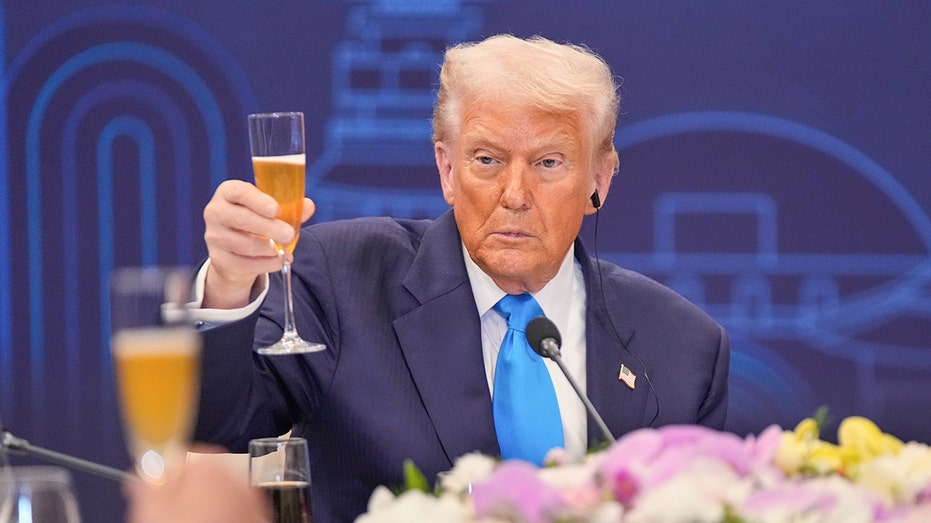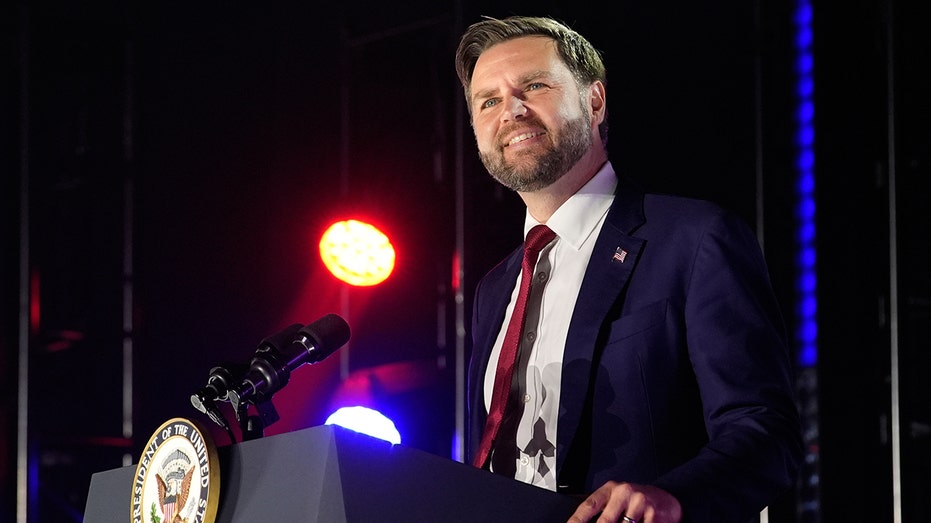TRUMP'S TRILLION-DOLLAR BOMBSHELL: Xi Jinping, You're Next.

The former President is already framing his Asian tour as a resounding success, claiming it has unlocked “trillions” for the United States. His message, delivered via social media, highlighted interactions with “very smart, talented, and wonderful leaders” and anticipation for a pivotal meeting with China’s President Xi Jinping. He predicts a “great meeting for both!!!” All attention now focuses on that upcoming encounter with Xi, the first face-to-face discussion between the two leaders since the former President’s return to office. Before departing, he publicly vowed to secure a “fantastic deal” with China, setting high expectations for the talks. The world watches to see if those promises will materialize. A key issue expected to dominate the conversation is the flow of fentanyl into the United States. While traveling, the former President indicated he intends to address this crisis directly with Xi, alongside broader concerns about trade imbalances and existing tariffs. He expressed optimism about making significant progress on multiple fronts. China confirmed the meeting, stating both heads of state will engage in “in-depth communications on strategic and long-term issues.” This suggests a willingness to tackle complex challenges beyond immediate economic concerns, hinting at a broader discussion of geopolitical dynamics. The tour wasn’t solely focused on China. Agreements were reached with Malaysia, Thailand, Cambodia, Japan, and South Korea, reshaping trade relationships across the region. These deals included the elimination or reduction of tariffs on American exports, opening new avenues for U.S. businesses. Malaysia and Cambodia saw significant tariff reductions, designed to boost exports of American-made goods. Beyond tariffs, these agreements also aim to dismantle non-tariff barriers and expand overall market access for U.S. products, fostering a more favorable trade environment. Critical minerals deals were a recurring theme, particularly with Thailand and Malaysia. These agreements are intended to forge partnerships between American and Thai companies, securing vital resources and strengthening supply chains. Billions in new investments were also secured during the Malaysian leg of the trip. Japan reaffirmed its commitment to the U.S. economy, expanding a previous $550 billion investment pledge. A new critical minerals agreement was also signed, alongside increased cooperation to combat the global threat of illegal drug trafficking. Both nations spoke of ushering in a “NEW GOLDEN AGE” for their alliance. South Korea contributed substantial deals, including a $36.2 billion purchase of 103 new Boeing aircraft by Korean Air. The Korea Gas Corporation also committed to purchasing 3.3 million tons of U.S. liquefied natural gas annually through long-term contracts. Recognition accompanied the economic gains. The former President was awarded South Korea’s highest decoration, the “Grand Order of Mugunghwa,” and presented with a replica of a royal crown from the ancient Silla Kingdom—a gesture acknowledging his past diplomatic efforts. The trip also saw a significant diplomatic achievement: the signing of the Kuala Lumpur Peace Accords, formally ending a military conflict between Cambodia and Thailand. The former President had previously signaled a willingness to impose tariffs on both nations to incentivize a peaceful resolution, a tactic that ultimately proved effective. The conflict had resulted in numerous deaths and widespread displacement. While the possibility of a meeting with North Korean leader Kim Jong Un was mentioned, no such encounter has been scheduled at this time. The focus remains firmly on the impending discussions with President Xi Jinping and the implications for the future of U.S.-China relations.
Share this article
Related Articles
Trending Now
Article Info
Category
Politics
Published
Oct 29, 2025
Last Updated
23 minutes ago





